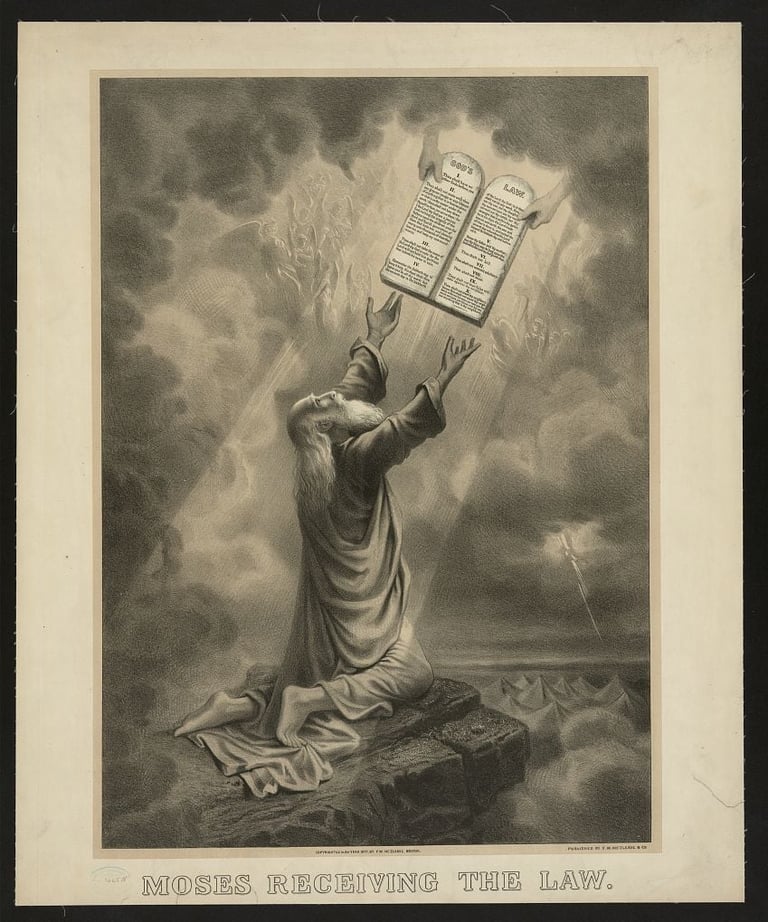The Ten Commandments: A Foundational Moral and Legal Code
Delivered to Moses around 1300 BCE, the Ten Commandments are a foundational and enduring legal and moral code. Divided into religious obligations and ethical principles (like prohibitions against theft and murder), they profoundly shaped Western legal traditions and continue to influence modern debates. Their emphasis on justice, honesty, and respect extends their impact beyond faith, establishing a lasting global legacy.
The Ten Commandments, believed to have been given to Moses around 1300 BCE, represent one of the earliest and most influential legal and moral codes in history. These commandments are divided into two categories: religious obligations, such as honoring God and keeping the Sabbath, and ethical laws, such as prohibitions against theft, murder, and false testimony. Over time, these principles have influenced legal systems, particularly in Western traditions, shaping ideas of justice and moral conduct. Even today, debates continue about their role in law and governance, especially regarding their presence in public spaces and legal institutions.
Despite their ancient origins, the Ten Commandments remain relevant in modern legal and ethical discussions. They have been cited in judicial decisions, particularly in the U.S., where legal cases have examined the constitutionality of displaying them in courthouses. While their religious significance is undeniable, their impact extends beyond faith, serving as a foundation for societal rules that emphasize justice, honesty, and respect for others. Their legacy continues to shape moral perspectives and legal interpretations across different cultures and religions.


